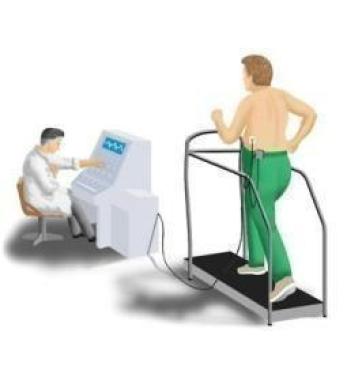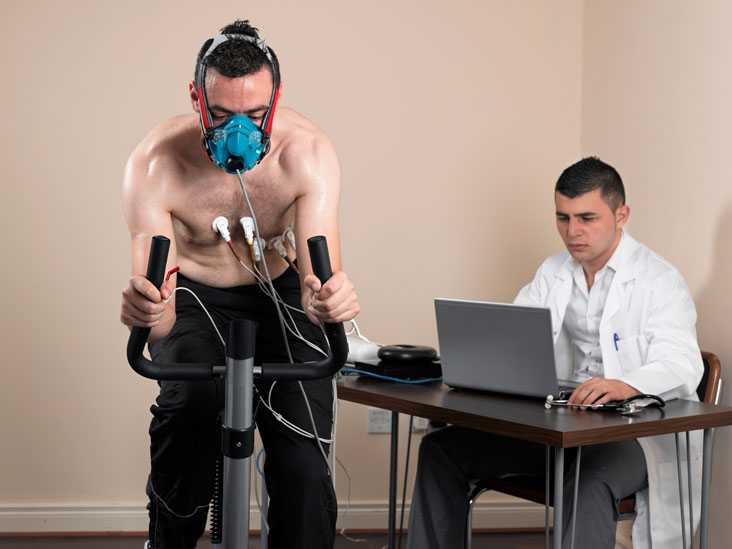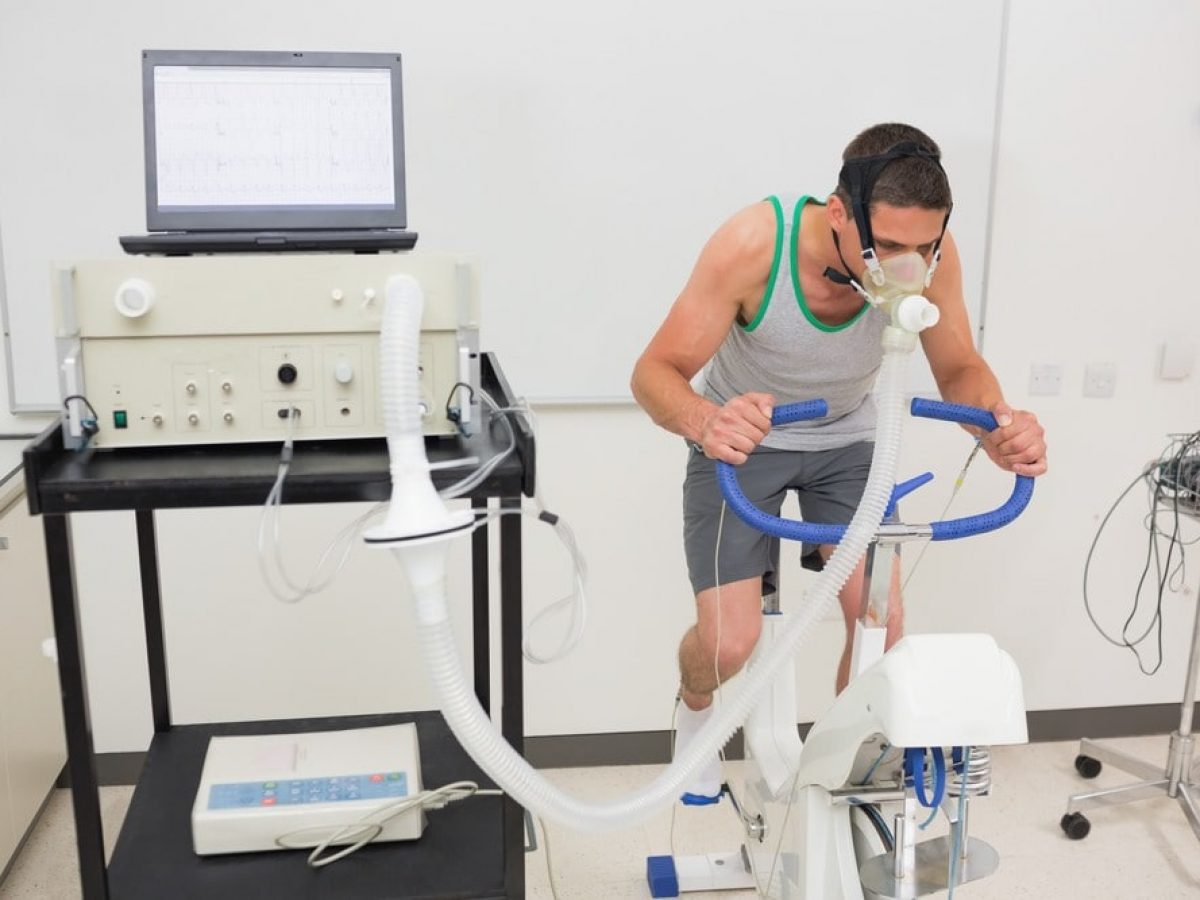

Simply, it is an imaging method that helps to understand whether a person has coronary artery disease (CAD) by evaluating the amount of blood reaching the heart muscle.

How is it done?
A radioactive drug with a low amount of radiation for the film; It will be injected intravenously at the end of the stress test (exercise or pharmacological) to be applied. The radioactive drug reaches the coronary arteries and the heart muscle through the blood flow. Then, with the help of a special camera, images are obtained showing how the radioactive substance is distributed in your heart. Images are edited and evaluated with the help of a computer. The amount of radioactive drug increases or decreases in direct proportion to the amount of blood going to the heart muscle. Thus, the heart muscle fed by the coronary arteries is visualized and information about the stenosis or occlusion in the coronary arteries is obtained.
Exercise stress test
CAD can sometimes only be detected when the heart is under stress and needs more blood. For this reason, MPS work is usually carried out in two forms, resting and post-stress. Exercise to create stress on the heart can be with the help of a treadmill or bicycle. Exercise helps detect the presence of blockages and narrowings by making your heart work harder and increasing the need for blood.
Pharmacological stress test
It is applied to patients who cannot exercise adequately due to some physical reasons (eg orthopedic problems). An intravenous drug puts a stress on your heart similar to an exercise test. This medicine does not contain radioactivity. The images to be obtained after the stress test are compared with the resting images. Myocardial perfusion scintigraphy can provide your doctor with the following information about your condition:
Whether you have CAD, and if so, at what level it is,
Your risk of having a heart attack (infarction),
Whether you need other tests or treatment for CAD.

Is myocardial perfusion scintigraphy a safe procedure?
Like many people, you may be worried about the radiation you may be exposed to from this test. However, you can be comfortable with this. Because as a result of this test, the total amount of radiation your body will be exposed to will not be more than a typical X-ray film. The given radioactive drug will physically lose its radioactive feature in a short time, and it will be quickly eliminated from your body by natural means.
What should you pay attention to before myocardial perfusion scintigraphy?
Unless told otherwise, do not eat or drink anything for at least 4 hours before your appointment time.
If you have medications that you are using for heart disease, hypertension, diabetes and similar reasons, do not use these drugs for the period that will be notified to you (average 2 days before), unless otherwise stated.
On the day of the procedure, come to the hospital with comfortable clothes and shoes rested.
If a pharmacological stress test will be applied, stop the use of foods such as tea, coffee, chocolate a few days before.
If available, please bring with you the summary - epicrisis reports or previous test results.
Myocardial perfusion scintigraphy is an imaging method that has been applied for more than 20 years, does not pose a serious risk to the patient, and its results have been proven many times over.